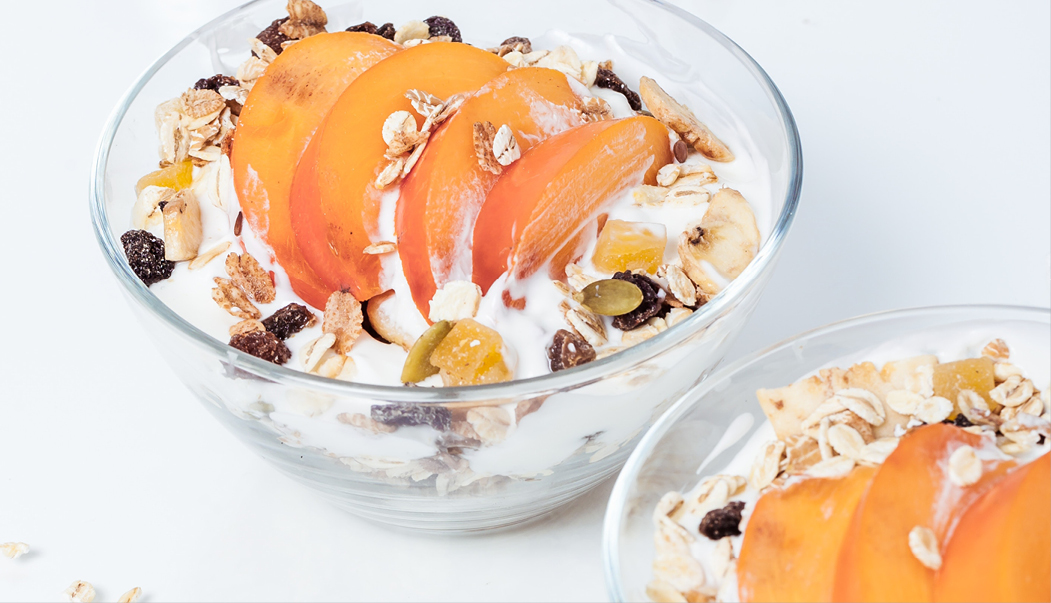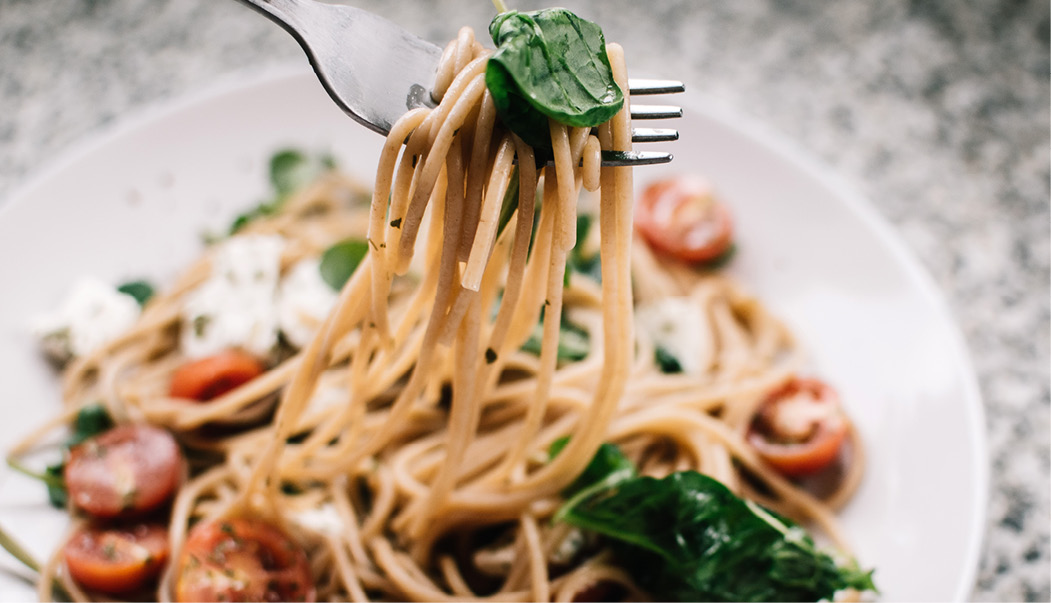Are you getting enough dietary fibre?
Almost 20 per cent of colorectal cancers could be prevented if Australians met their dietary fibre requirements.
Every day, men should be aiming for 30g of dietary fibre and women should be aiming for 25g.
Dietary fibre is the part of plant foods such as vegetables, fruits, wholegrains, legumes, nuts and seeds that cannot be digested in the stomach or small intestine. Dietary fibre passes relatively unchanged into the large intestine, where it is fermented by bacteria—boosting gut health and reducing cancer risk.
As well as fruits, vegetables, nuts and seeds, other great sources of fibre include wholemeal or wholegrain breads or wraps, couscous, quinoa, brown rice, wholemeal pasta, high-fibre cereals, muesli and oats.
Dietary fibre helps reduce colorectal cancer risk in four ways:
- It binds carcinogens to the stool and expels them from the body.
- Good bacteria in the colon convert fibre into short-chain fatty acids. Short-chain fatty acids reduce the ability of cells in the intestine to become cancerous.
- By helping us to feel fuller for longer, fibre plays a key role in maintaining a healthy weight.
- Reducing absorption of carbohydrates into the blood reduces insulin resistance, therefore reducing risk of diabetes and some cancers.
More information:
Dietary fibre and cancer prevention
Learn more about what fibre does and how it helps to reduce your cancer risk.
Label reading: dietary fibre
Learn how to read food packaging to find out how much fibre you’re consuming.





